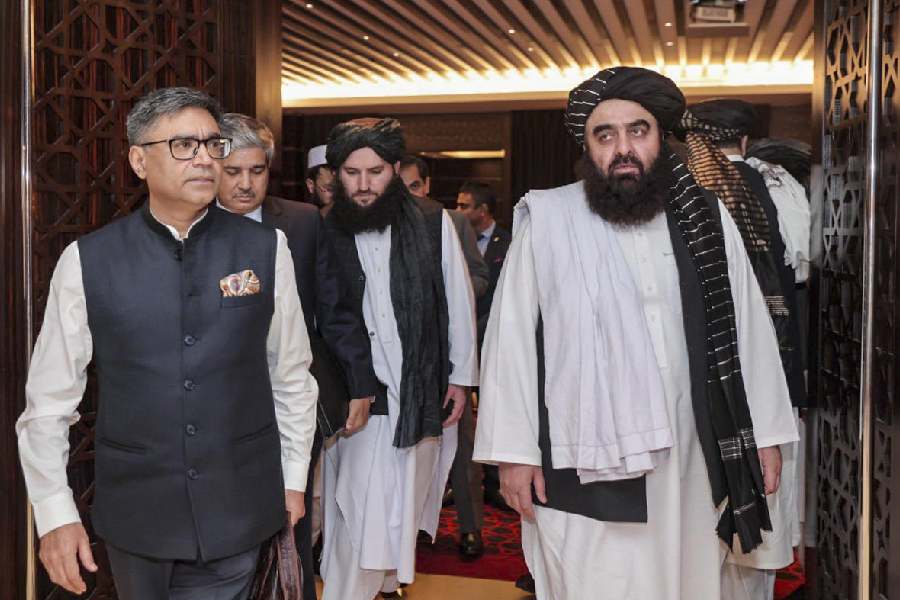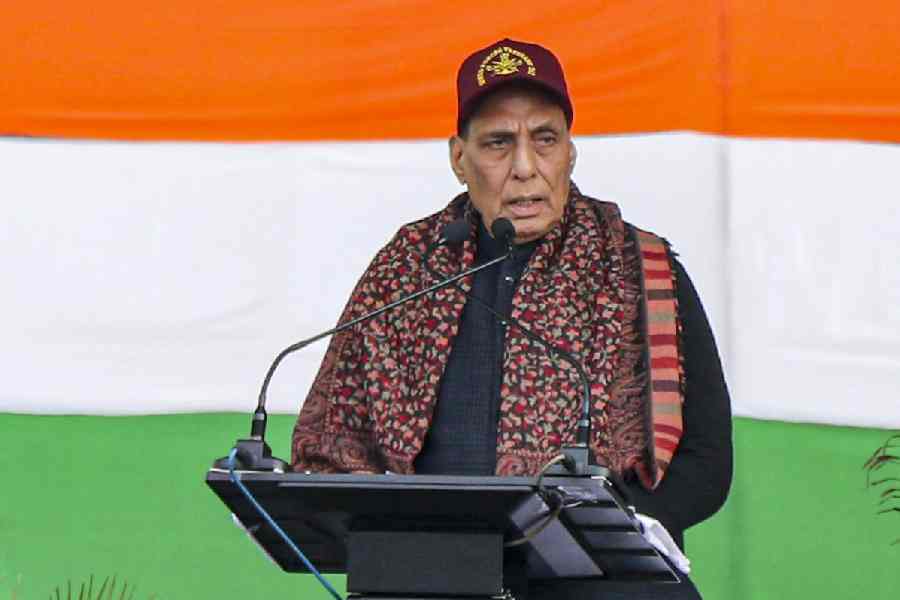After three years of mostly back-channel diplomacy, India and the Taliban held their most public engagement to date last week. The meeting attended by the Indian foreign secretary, Vikram Misri, alongside a delegation from the ministry of external affairs, with the Taliban’s acting foreign minister, Amir Khan Muttaqi, in Dubai signalled not just New Delhi’s growing willingness to work with the current rulers of Afghanistan but also its increasing readiness to do so in the open. For India, this public engagement marks a dramatic shift from years of hostility starting in the 1990s when New Delhi had shut down its Kabul embassy after the Taliban first came to power. When the Taliban grabbed control of Afghanistan, once again, in 2021, many analysts had feared a return to those days for bilateral ties. Pakistan, after all, had for decades been the principal sponsor and international ally of the Taliban, funding and arming it and sheltering its leaders in its bid to build so-called strategic depth against India. Instead, India’s enhanced engagement with the Taliban comes against a very different backdrop in the region: deepening tensions between the Taliban and Pakistan.
On the surface, those tensions are about Pakistan’s security concerns. Islamabad has accused the Afghan Taliban of allowing the Pakistani Taliban — the Tehrik-e-Taliban Pakistan — to operate bases from Afghan territory to launch attacks in Pakistani soil, especially against its security forces. The TTP, though broadly aligned ideologically with the Afghan Taliban, has since its birth in the 2000s targeted the Pakistani State. Pakistan struck Afghanistan in air attacks recently, arguing that it was hitting TTP bases. The Afghan Taliban retaliated with cross-border firing. But undergirding these tensions is the deeper frustration in Islamabad over the Afghan Taliban refusing to do Pakistan’s bidding, as many had assumed it would after returning to power. If the Taliban’s search for strategic autonomy from Pakistan has upended its ties with Islamabad, it also holds important lessons for India. New Delhi must cultivate ties with the Taliban and support Afghanistan’s humanitarian needs, a policy that has won India goodwill in that country. But it must remain realistic about the limits of any strategic convergence with the Taliban. Afghanistan remains a fractured land where dangerous groups inimical to Indian interests, including within the Taliban, find space. By focussing its engagement with the Taliban on India-Afghanistan relations rather than on Pakistan, New Delhi can avoid some of the mistakes Islamabad made.











